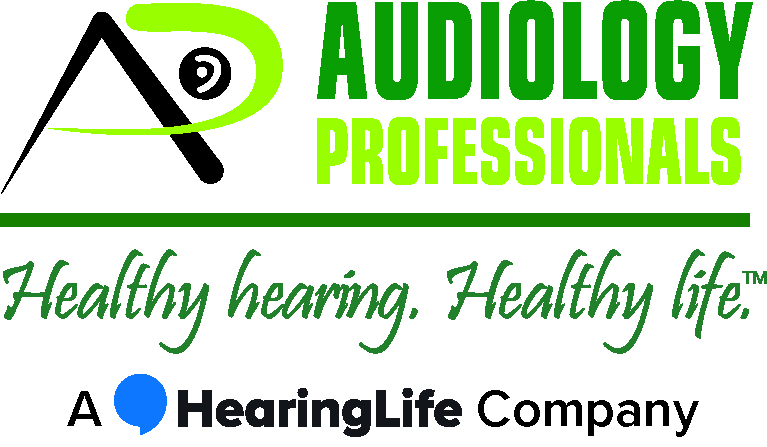Hearing loss is a common health issue in the United States, affecting millions of people of all ages. According to the Centers for Disease Control and Prevention (CDC), approximately 15% of American adults, or 37.5 million people, report some degree of hearing loss.
The prevalence of hearing loss increases with age, with approximately one-third of adults over the age of 65 experiencing hearing loss. Hearing loss can have a significant impact on quality of life, affecting communication, socialization, and overall well-being.
As technology around us progresses, so too does hearing aid technology. Today, we’re exploring 5 hearing trends for 2023.
5 Hearing Trends for 2023
As we move into 2023, the world of hearing healthcare is seeing significant trends that are set to impact the industry in various ways. From the increasing use of digital hearing aids to the rise of tele-audiology, here are some of the key hearing trends to watch in 2023.
Digital Hearing Aids
One of the most significant hearing trends in 2023 is the increasing use of digital hearing aids. These devices are designed to be more user-friendly and offer better sound quality than traditional analog hearing aids.
Digital hearing aids use advanced digital signal processing to enhance sound quality, reduce background noise, and adjust to the wearer’s environment automatically. These devices also offer features like Bluetooth connectivity, allowing wearers to stream audio directly from their smartphone or other devices.
Tele-Audiology
Tele-audiology is another trend set to take off in 2023. With tele-audiology, hearing care professionals can conduct virtual appointments and offer remote hearing testing and hearing aid programming. This trend is especially relevant in today’s post-pandemic world, where many people are looking for convenient and accessible ways to access healthcare services. Tele-audiology is also a great option for people who live in remote areas or have difficulty traveling to a hearing clinic.
Hearing Health Apps
Hearing health apps are becoming increasingly popular in 2023. These apps are designed to help people monitor their hearing health, track their hearing aid usage, and connect with hearing care professionals. Some hearing health apps even offer personalized hearing profiles, allowing users to adjust the sound settings of their hearing aids to suit their unique hearing needs.
Hearing Loss Prevention
Hearing loss prevention is another trend set to gain traction in 2023. With more people becoming aware of the importance of protecting their hearing, there is a growing demand for hearing protection devices like earplugs and noise-cancelling headphones. Additionally, more workplaces are implementing hearing conservation programs to help prevent hearing loss among employees who work in noisy environments.
Tinnitus Treatment
Tinnitus, or ringing in the ears, is a common condition that affects millions of people worldwide. In 2023, there is expected to be an increased focus on tinnitus treatment options. These options may include sound therapy, cognitive-behavioral therapy, and other treatments that help reduce the symptoms of tinnitus and improve quality of life for those who suffer from this condition.
In conclusion, the hearing industry is set to see significant trends in 2023. From the increasing use of digital hearing aids and tele-audiology to the rise of hearing health apps and tinnitus treatment options, these trends are set to impact the way we approach hearing healthcare.
Contact Us Today!
Still have questions? If you would like to speak with one of our hearing care professionals, get in touch today. Contact the Audiology Professionals team by calling (541) 228-9233. Alternatively, click here to contact us online.
